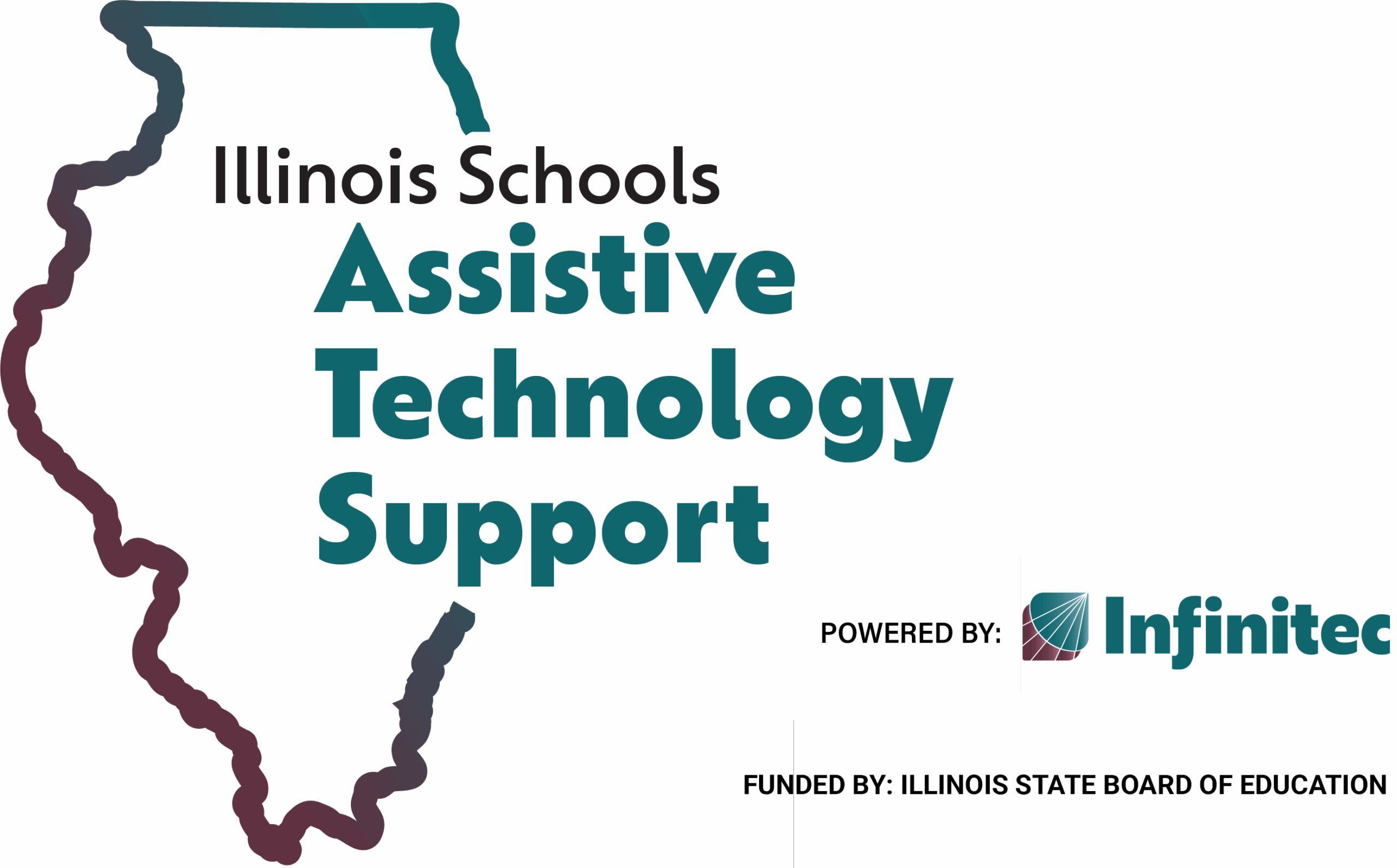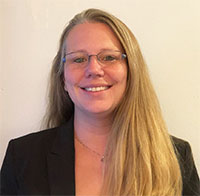Can’t travel to the Regional or Local AT Trainings? Webinars offer a great way to participate in Infinitec’s free AT training from the comfort of your school or home. Professional development credit is issued for all live webinars. The date and time for each live webinar is listed after the webinar description. All participants registered will receive an archived recording.
Please contact Samantha Conklin with any questions. infinitecwebinars@ucpnet.org











